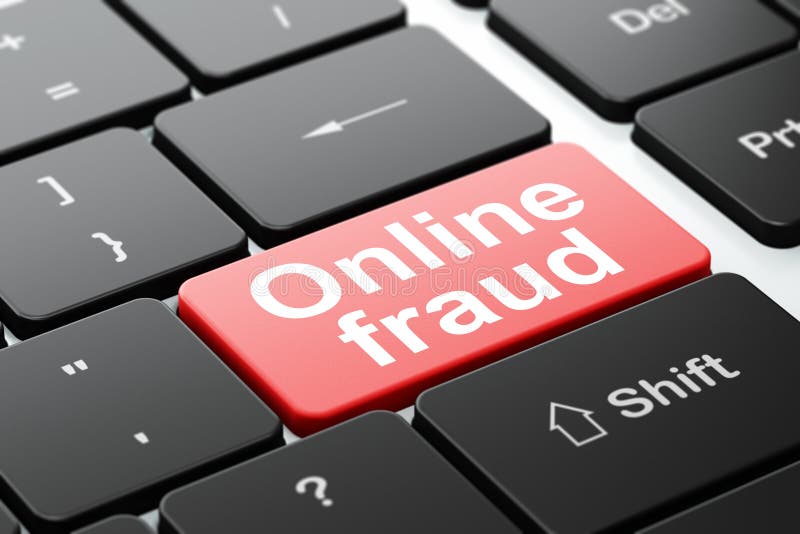
If you receive one of these letters and/or checks, you should report it to your local U.S. Please do not negotiate these checks, as they are not authentic Woori America Bank checks. If you contact the sender as requested, you will be instructed to negotiate the check and forward the sender money through a wire transfer or money order. If you receive a letter, accompanied by a check from Woori America Bank, that claims you have won a lottery, a sweepstakes, have been chosen to be a paid "secret shopper" or a similar variation of a popular contest, be advised that these are scam letters and fraudulent checks since Woori America Bank will not send those winning messages via letter or email. provides practical tips from the federal government and the technology industry to help you be on guard against Internet fraud, secure your computer, and protect your personal information.įor additional information about safe online banking and avoiding online scams, visit Lottery/Sweepstakes Letter scams Misspelling, even by one letter, the address of the Web site you are trying to access may send you to an incorrect, possibly fraudulent, Web site. Type all Web site addresses carefully, or use Favorites or Bookmarks to store frequently accessed sites especially financial-related sites.Don't follow a link in an unsolicited e-mail if you have any doubts about the sender (see "phishing", above).To help protect yourself, be aware of how you're accessing the site. The difficulty for unsuspecting consumers is that these sites look legitimate.
Privacy guard scams code#
Criminals steal a Web site's code the technical programming that makes the Web site work and use it to create a fake Web site that "spoofs" or appears to be the legitimate site. Spoofing is another trick used by criminals. For example, an Internet banking customer, who routinely logs in to his online banking Web site, may be redirected to an illegitimate Web instead of accessing his or her bank's Web site. Pharming refers to the redirection of an individual to an illegitimate Web site through technical means. It is one of the latest breakthroughs in telecommunications-Voice Over Internet Protocol, or VoIP, which enables telephone calls over the web. The term comes from combining "voice" with "phishing," which are online scams that get people to give up personal information. Vishing is a socially engineered technique for stealing information or money from consumers using the telephone network. When the consumer provides the information, those perpetrating the fraud can begin to access consumer accounts or assume the person's identity.īelow are current links with information regarding phishing:.



The provided link appears to be the Web site of the financial institution, government agency or other well-known/reputable entity, but in "phishing" scams, the Web site belongs to the fraudster/scammer.



 0 kommentar(er)
0 kommentar(er)
